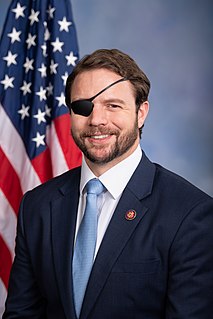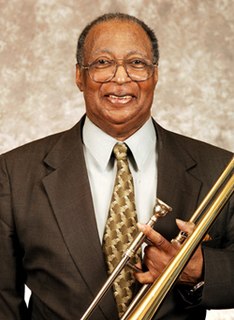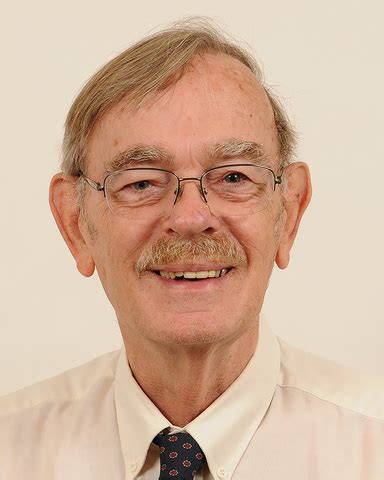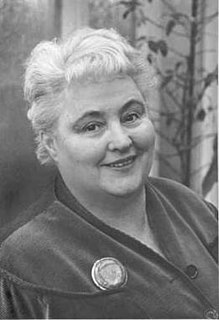A Quote by Vincent Van Gogh
I shouldn't precisely have chosen madness if there had been any choice, but once such a thing has taken hold of you, you can't very well get out of it.
Related Quotes
Thus, for followers of Christ, calling neutralizes the fundamental position of choice in modern life. “I have chosen you,” Jesus said, “you have not chosen me.” We are not our own; we have been bought with a price. We have no rights, only responsibilities. Following Christ is not our initiative, merely our response, in obedience. Nothing works better to debunk the pretensions of choice than a conviction of calling. Once we have been called, we literally “have no choice.
I more or less think that the trombone was chosen for me. I first selected a violin, which I didn't do too well with, and, ironically, the only thing left was the trombone. My next choice was a saxophone, but they didn't have any; so I think that the Creator had a lot to do with what I did...Because things just happened, you know, and I had no control over it. And I ended up with my instrument that I play now.
The thing that would probably surprise most people was that Dr. Martin Luther King was a very reluctant leader. He felt very shocked at times that he had been chosen for this path, but he also understood that he was chosen for this path. He had several moments of acute doubt as to if he was up for the task - when people were injured in the protests he took it very personally, let alone when they were killed.
He ran as he'd never run before, with neither hope nor despair. He ran because the world was divided into opposites and his side had already been chosen for him, his only choice being whether or not to play his part with heart and courage. He ran because fate had placed him in a position of responsibility and he had accepted the burden. He ran because his self-respect required it. He ran because he loved his friends and this was the only thing he could do to end the madness that was killing and maiming them.
I am willing to accept that there are women out there who say they have chosen to sell sex. But they are in the minority, and laws are there to protect the majority. In this case, the majority of women in prostitution want to get out, and suffer violence and exploitation. If there are women who have made a free choice, there are more who have had no choice.
In the Renaissance, madness was present everywhere and mingled with every experience by its images or its dangers. During the classical period, madness was shown, but on the other side of bars; if present, it was at a distance, under the eyes of a reason that no longer felt any relation to it and that would not compromise itself by too close a resemblance. Madness had become a thing to look at: no longer a monster inside oneself, but an animal with strange mechanisms, a bestiality from which man had long since been suppressed.
The rationale for accepting or rejecting any theory is thus fundamentally based on the idea of problem-solving progress. If one research tradition has solved more important problems than its rivals, then accepting that tradition is rational precisely to the degree that we are aiming to "progress," i.e., to maximize the scope f solved problems. In other words, the choice of one tradition over its rivals is a progressive (and thus a rational) choice precisely to the extent that the chosen tradition is a better problem solver than its rivals.
Our moment had passed somehow. I was different. He was, too. Without our “madness” to unite us, there wasn’t anything much there. Or maybe too much had happened in too short a time. It’s like when you take a trip with someone you don’t know very well. Sometimes you can get very close very quickly, but then after the trip is over, you realise all that was a false sort of closeness. An intimacy based on the trip more than the travellers, if that makes any sense.








































